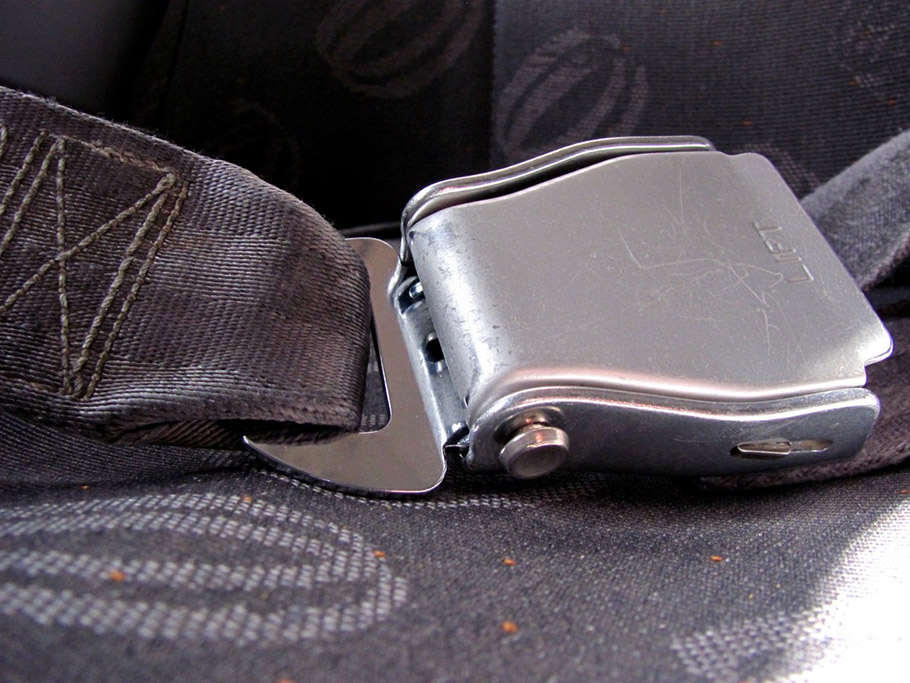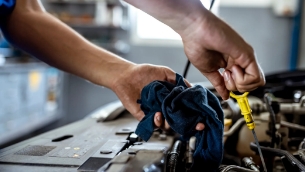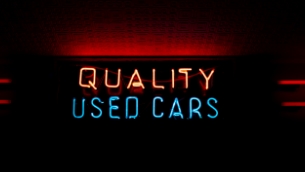Used Cars: Is Your Business Investing in the Right Stock?
 The used car market is booming right now in the UK. Data from the Society of Motor Manufacturers and Traders (SMMT) might reveal a slight drop in the number of used car sales in 2018, but demand for pre-owned vehicles was much stronger than for new models. For dealers, this represents a great opportunity to "cash in". But how do you know which are the right makes and models to be offering consumers in search of their next used car?
The used car market is booming right now in the UK. Data from the Society of Motor Manufacturers and Traders (SMMT) might reveal a slight drop in the number of used car sales in 2018, but demand for pre-owned vehicles was much stronger than for new models. For dealers, this represents a great opportunity to "cash in". But how do you know which are the right makes and models to be offering consumers in search of their next used car?
Market trends
Any sensible used car dealer will stay on top of the latest market trends. Rising fuel costs, London's new Ultra-Low Emissions Zone (ULEZ) and growing environmental concerns are among the reasons why electric and hybrid cars prove more appealing to potential buyers. If these types of cars aren't on a dealer's inventory yet, they soon should be.
Under the hammer
Auction houses are an effective way for used car dealers to find new vehicles to sell at a price that's more favourable than on the open market. Many cars end up with dealers thanks to part-exchanges each year. Trade auctions enable these franchised main dealers to sell to other used car dealers but it's not without its risk.
History checks
A car can look the part at first glance, but could it be hiding secrets that'll sink your investment in it? From accident damage that's been covered up to false ownership information and unpaid finance, a used car dealer could be left with a car they can't sell on their hands. With a comprehensive vehicle history check, you can take steps to make sure that doesn't happen.
Seasonal moods
Investing in the right vehicle inventory for your used car business can be as simple as monitoring the weather for the time of year. For example, it doesn't make much business sense to take delivery of a few snappy convertibles just as the clocks go back in October. Similarly, a 4x4 might appeal if there's snow on the ground, but will it sell quickly when the warm summer sun is shining?
Know the value
Like any car buyer, dealers can check they're getting a good vehicle for a good price that can be sold on for more than it costs. By getting an independent valuation, you'll be able to see how much a car is worth – and the amount you should be looking at when offering a part-exchange value. By finding this out, you can work out your sale price based on the margins you're working to.










